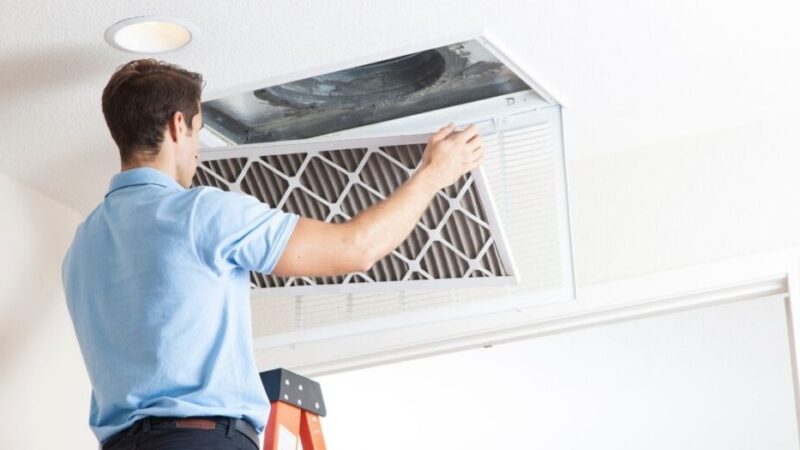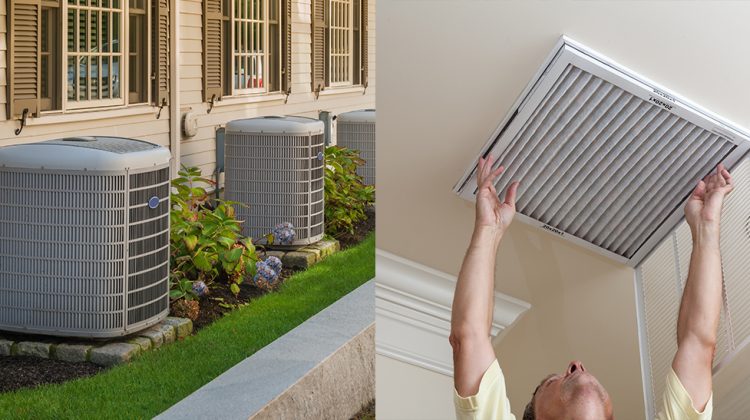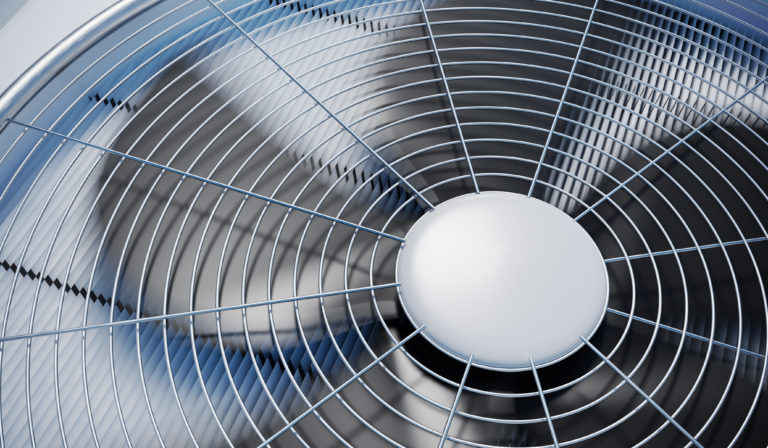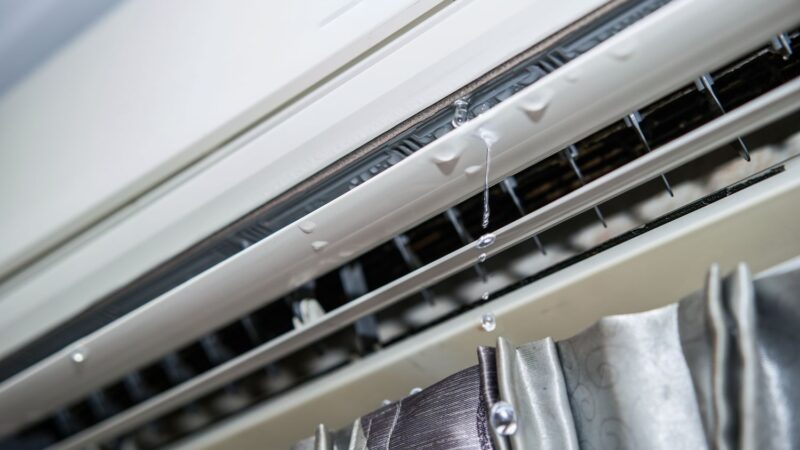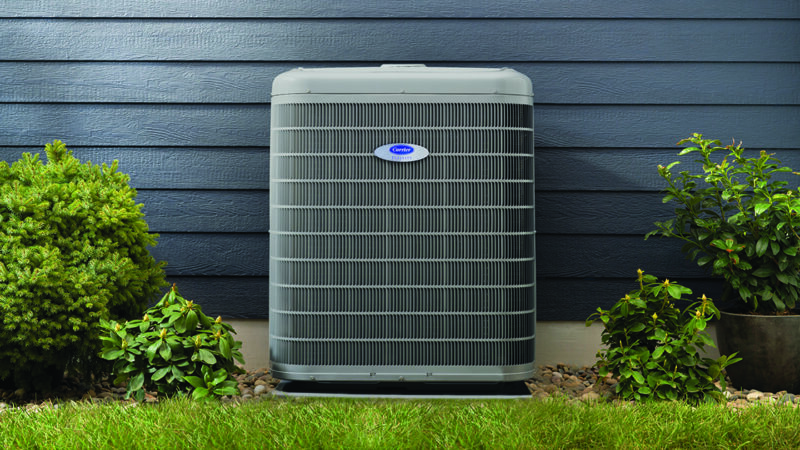The Ultimate Guide to Increasing Your HVAC Lifespan
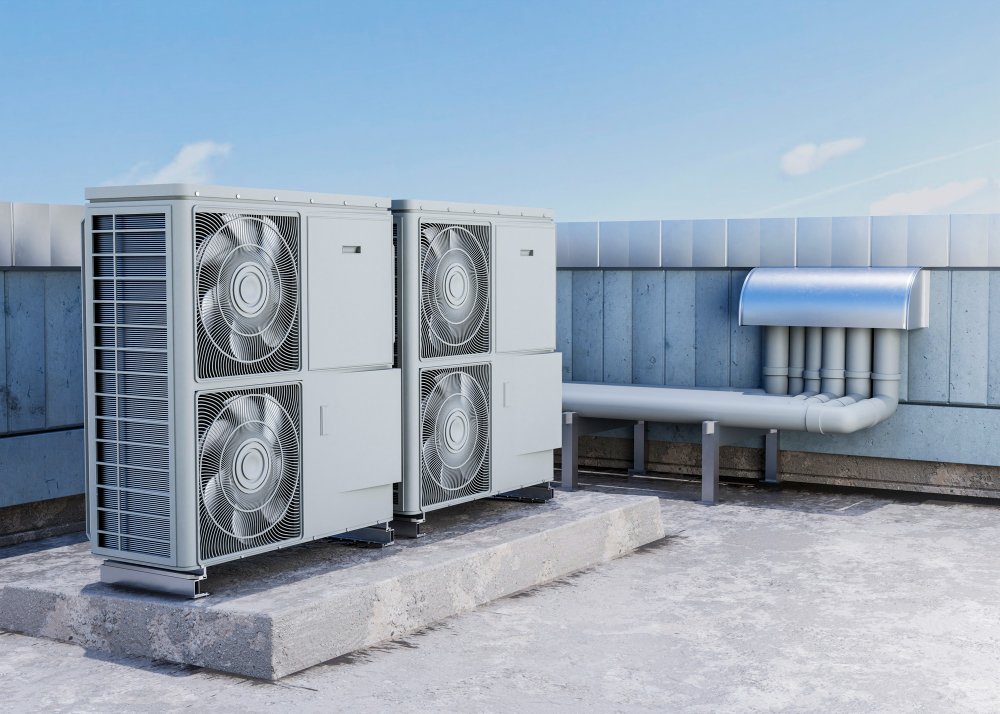
In the United States, an HVAC system lifespan usually lasts about 14 years. However, this can vary depending on different factors.
Your HVAC system is essential for keeping your home comfortable in different weather conditions. Like any hardworking machine, it can wear out over time. But, you can take certain steps to help it last longer and work more efficiently.
How to Extend the Life of Your HVAC System
1: Routine HVAC Maintenance is Essential
Keeping up with HVAC maintenance may seem obvious, but it truly makes a difference in prolonging your system’s life. Aim to have your air conditioner and furnace inspected, cleaned, and adjusted once a year. Schedule air conditioner maintenance in spring, and plan for furnace service in late summer or early fall, before the cooler weather sets in.
A typical tune-up involves a full inspection of the system, lubricating all moving parts, cleaning the condenser, clearing any debris from the condensate drain line, checking refrigerant levels, replacing air filters, and inspecting the heat exchanger for any cracks. These steps not only enhance safety but also improve efficiency and durability, helping your system run smoothly for years.
2. Replace Air Filters Regularly
While your HVAC technician will check filters during maintenance visits, it’s up to you to keep an eye on them the rest of the time. Most homeowners use disposable fiberglass or pleated filters, which should generally be inspected and possibly replaced every 1-3 months.
If the filter looks very dirty before the typical replacement time, don’t wait—swap it out early. A clogged filter makes your HVAC system work harder to circulate air, which puts unnecessary strain on the system and reduces its efficiency. Keeping filters clean helps protect your HVAC and ensures better air quality in your home.
3. Install a Smart Thermostat
Beyond routine maintenance, adding a smart thermostat is a great way to extend the lifespan of your HVAC system and cut down on energy costs. Unlike a regular programmable thermostat, a smart thermostat offers more flexibility and control to help your system run efficiently.
With a smart thermostat, you can adjust settings from anywhere using your phone or tablet. Some models even learn your habits over time, adjusting temperatures automatically to save energy without needing much input from you.
Not only does this help your HVAC system run more smoothly and last longer, but it can also reduce heating costs by around 10-12% and cooling costs by up to 15%.
4. Improve Your Home’s Insulation
A well-insulated home takes the load off your HVAC system, helping it last longer. Good insulation keeps warm or cool air from escaping, so your system doesn’t have to work overtime to maintain a comfortable temperature.
When insulation is lacking, your HVAC unit will cycle on more frequently, putting extra wear and tear on it and driving up both energy and maintenance costs. If your home feels drafty, think about adding insulation to areas like the basement or exterior walls to help your HVAC system work more efficiently.
5. Keep Your Ducts Clean
Duct cleaning involves clearing out parts of your forced-air system, like the air ducts, vents, registers, and grilles. Clean ducts are essential not only for good indoor air quality but also for helping your HVAC system run smoothly and last longer. Having your ducts cleaned about every five years can improve airflow, reduce strain on your system, and contribute to a healthier home environment.
6. Address Issues Promptly
Routine maintenance helps reduce the need for repairs, but as your HVAC system ages, some issues may still arise. When you notice your system struggling, scheduling repairs right away can help keep it running efficiently and extend its lifespan.
7. Give Your HVAC System a Break
Most HVAC systems offer two fan settings: “auto” and “on.” The “auto” setting runs the fan only when heating or cooling, while “on” keeps the fan running constantly. Although the continuous fan setting can help trap dust and allergens, it also increases your HVAC system’s workload, which can shorten its lifespan.
Whenever possible, let your HVAC take a break—open windows, use ceiling fans, or rely on seasonal layers to manage comfort, especially during spring and fall. If you keep your system on “auto,” it prevents unnecessary wear from constant operation.
Regularly Inspect Your Outdoor Unit
The outdoor condenser is built to endure various weather conditions, but it’s still vulnerable to damage from hail or debris after severe storms. Take time to inspect it, especially following major weather events, for signs of damage.
If you’re focused on reducing costs and prolonging your system’s life, keep the area around the condenser free from debris, leaves, and overgrown plants. Trim any vegetation near the unit so it has ample airflow to operate efficiently.
Repair or Replace: Making the Right Choice
At some point, every homeowner will need to decide whether to repair or replace their HVAC system. Here are some things to think about:
Repair Costs
Multiply the age of your system by the yearly repair costs. If the total is over $5,000, it might be cheaper to get a new system.
System Age
HVAC systems over ten years old that need frequent repairs can be inefficient and may pose safety risks. Most HVAC Lifespan last 10-20 years; for example, furnaces usually last around 15-20 years. Newer models also offer better technology and energy savings.
Factors That Affect Your HVAC System’s Lifespan
To keep your HVAC system running well and lasting longer, regular maintenance is very important. This includes yearly check-ups, changing filters as recommended, properly insulating your home to ease the system’s workload, and cleaning the ducts every few years.
If you live near the coast, the salty air can be tough on your HVAC equipment, especially the parts outside. This means you need to be even more careful about regular maintenance to prevent faster wear and tear.
How Your Local HVAC Contractor Can Help
Getting your HVAC system checked by a professional at least once a year is important for maintenance and inspections. If you use your system all year, it’s a good idea to schedule a service twice a year.
Call a contractor as soon as you notice any problems with your system. Fixing issues early can prevent bigger problems and help your HVAC system last longer. Also, having your ducts cleaned and improved every few years can make your system work better and more efficiently.
Recommendation
8 Most Common Types Of HVAC Systems
Air Conditioner Smells Musty? Here’s How to Fix It
How Much Electricity Does an Air Purifier Use?
Air Purifier Vs Humidifier: Which One Do You Need?
Conclusion
To keep your HVAC system running efficiently and extend its life, regular maintenance is key. This includes annual check-ups, timely filter replacements, installing a smart thermostat, improving home insulation, and addressing issues quickly. By following these tips, you can save money on repairs and replacements while ensuring reliable heating and cooling for years to come. Maintaining your HVAC system is a smart investment in long-term comfort and energy efficiency.
Some FAQs
Q1: What is the average lifespan of a HVAC system?
A1: Most residential HVAC systems typically last between 10 and 25 years, depending on the type and maintenance level.
Q2: Can an HVAC last 30 years?
A2: While it’s rare, some HVAC units may last close to 30 years. However, most require major repairs or replacements before reaching this age due to normal wear and technological advancements that can make older units less efficient.
Q3: How often should HVAC be replaced?
A3: If maintained well, an HVAC system usually needs replacement after about 10-15 years. Parts may become obsolete as the system ages, which could make repairs difficult, leading to the need for a full replacement.
Q4: What is the useful life for HVAC?
A4: On average:
- Air conditioners and heat pumps: 10-15 years
- Furnaces and boilers: 15-20 years
- Geothermal systems: around 30 years
- Water heaters: 10 years
- Tankless water heaters: 20 years
Q5: How long can HVAC run?
A5: If well-maintained, a central air conditioner can run continuously without issue. Smaller wall or window units are best limited to 8-12 hours of operation to avoid excessive wear.
Q6: Does HVAC have a future?
A6: Yes, HVAC is moving toward more eco-friendly options. The EPA is reducing hydrofluorocarbon (HFC) coolants to limit global warming, aiming for an 85% reduction by 2036.
Q7: Can an AC last 40 years?
A7: Generally, central air conditioning units last about 15-20 years, but with consistent maintenance, some may reach 30 years. Forty years is uncommon and would require exceptional upkeep.
Q8: Is HVAC good long term?
A8: Yes, HVAC careers offer strong job security, as skilled HVAC technicians are in demand year-round due to the essential nature of heating and cooling systems across climates and building types.
Q9: What is the HVAC rule of 5000?
A9: This rule helps decide whether to repair or replace an HVAC system. Multiply the unit’s age by the estimated repair cost; if the total is less than $5,000, consider a repair. If it’s more, replacement is usually the better choice.


